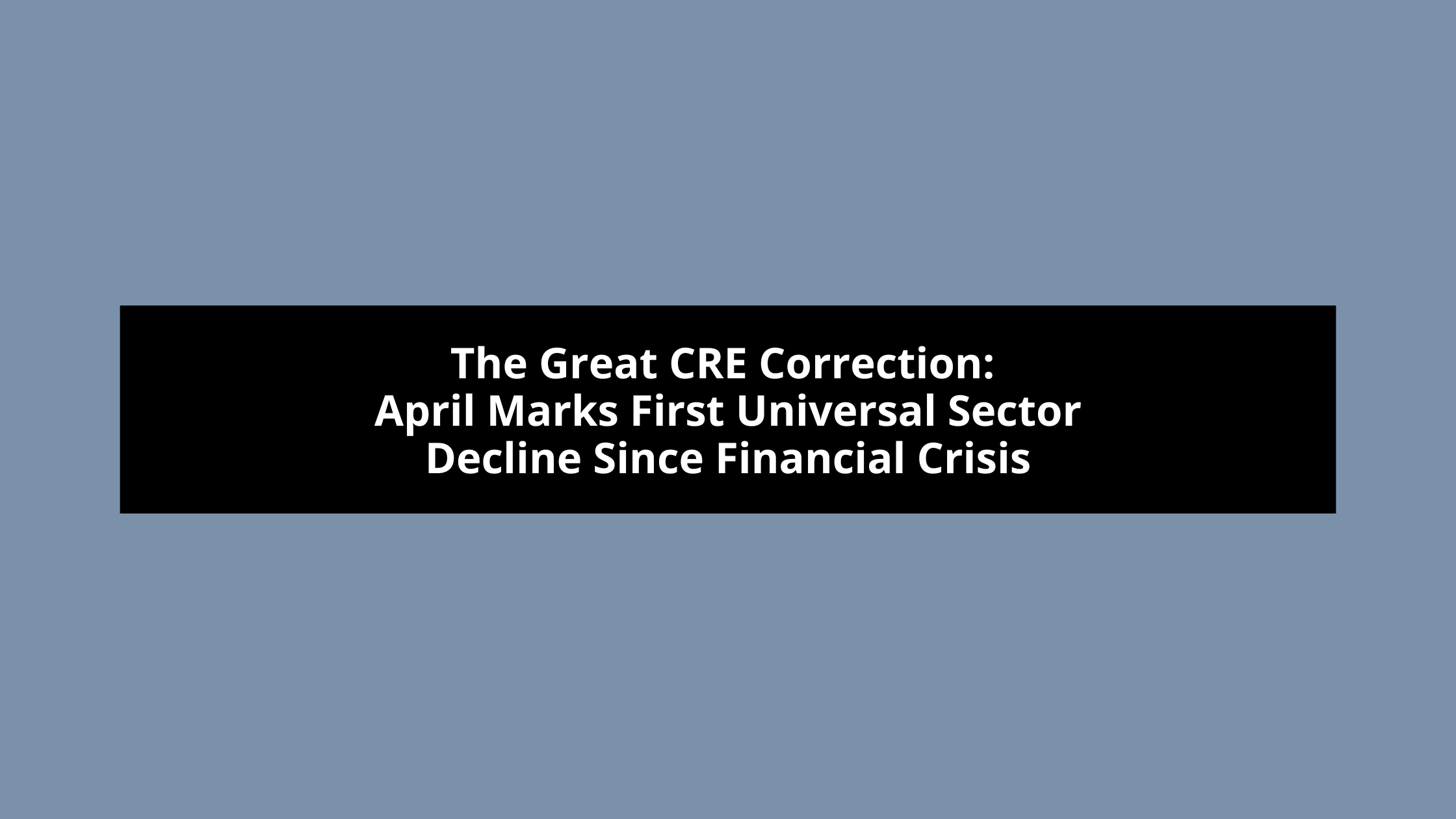Carried Interest Reform: An Existential Threat to Commercial Real Estate Investment
Landmark USC Study Reveals Devastating Economic Consequences of Proposed Tax Changes: The commercial real estate industry faces a potential existential crisis as the Trump administration considers eliminating the carried interest tax provision in early 2025.
New research from the USC Marshall School of Business reveals this seemingly technical tax change could devastate investment activity, eliminate over a million jobs, and paradoxically reduce federal tax revenue—all while exacerbating the nation’s housing crisis.
The Impending Investment Cliff
Professor Charles Swenson’s groundbreaking analysis shows that eliminating carried interest would fundamentally alter investment behavior across private equity, venture capital, and most critically, real estate sectors.
- The research projects a 3.94% contraction in private equity markets and a 2.81% decline in venture capital—numbers that translate to billions in lost economic activity.
For commercial real estate professionals, these findings represent a five-alarm fire. The sector’s reliance on partnership structures makes it uniquely vulnerable to carried interest changes, with over 2.4 million partnerships and LLCs potentially affected.
Beyond Numbers: Real-World Consequences: The ripple effects extend far beyond investor balance sheets:
- Massive Job Losses: Up to 1.23 million jobs could disappear within a decade, with substantial losses in construction, property management, and development
- Development Freeze: As investment capital retreats from longer-term, higher-risk projects, new construction would likely plummet, worsening an already severe housing shortage
- Revenue Backfire: Rather than boosting federal coffers, the change could actually reduce tax receipts by up to $12.84 billion annually after ten years due to industry contraction
Mission-Critical for CRE Professionals
This issue transcends typical policy debates—it represents an existential threat to the commercial real estate ecosystem. The industry, which currently supports over 14.1 million jobs and contributes nearly $90 billion annually in federal taxes, would face unprecedented restructuring. The fundamental economics of deal structures would require complete recalibration. Investment managers would be incentivized to abandon long-term, transformative projects in favor of fee-based or shorter-term strategies with lower risk profiles but also lower economic impact.
Strategic Response Required: As an industry, commercial real estate must mobilize immediately to:
- Educate policymakers about the true economic impact of carried interest changes
- Develop contingency plans for alternative investment structures
- Quantify the local economic impact in key markets to demonstrate the widespread consequences
- Form coalitions with affected industries beyond real estate
The Bottom Line
While politically popular, eliminating carried interest could trigger an investment exodus with profound consequences for commercial real estate development, job creation, and ironically, federal tax revenue. The industry must treat this as the mission-critical threat it is—one that could fundamentally reshape the commercial real estate landscape for decades to come. As Congress debates this proposal, CRE professionals must make their voices heard about the potential economic devastation that could follow. The time for action is now, before this
About MylesTitle Founder, Owner & Chief Title Insurance Officer
Myles Lichtenberg, Esq., is a recognized leader in the real estate title insurance industry. Since 1979, Mr. Lichtenberg, and his amazing team, have conducted well over 27,000+ real estate title transactions and over $16 Billion Dollars of settled transactions, involving just about every type and variety of real estate configuration – from commercial to residential, from complex to simple and from single-state to multi-state portfolios.


